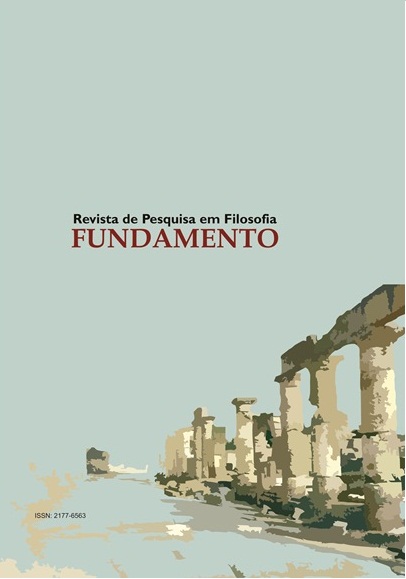Aspectos periagógicos da metafísica platônica
Abstract
This paper discusses three central aspects of Plato’s metaphysics in order to emphasize the singularity of his metaphysical insights. The first aspect is the atopical comprehension of truth, i.e., the idea that truth cannot be attained in normal conditions and demands a radical rupture with common-sense. The second aspect demonstrates that Plato’s metaphysics is not just a set of propositions, but is also an experience that presupposes a subjective modification of the individual who tries to comprehend it. This aspect is called the existential character of Platonism. The third aspect, finally, shows that Plato saw philosophy, and especially dialectics, as a ‘way’. It can be called the poretic character of philosophical investigation. After the exposition of these topics, the paper briefly shows how some posterior philosophers used these ideas, arguing that the overcoming of Platonism is harder than one normally thinks.


.jpg)
